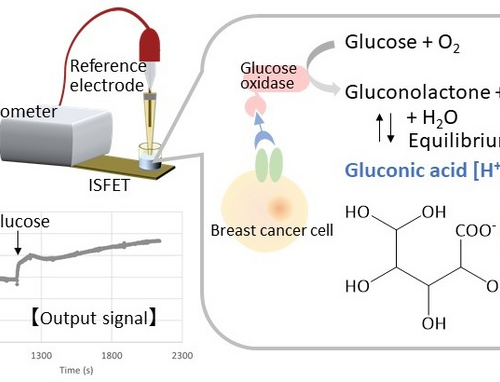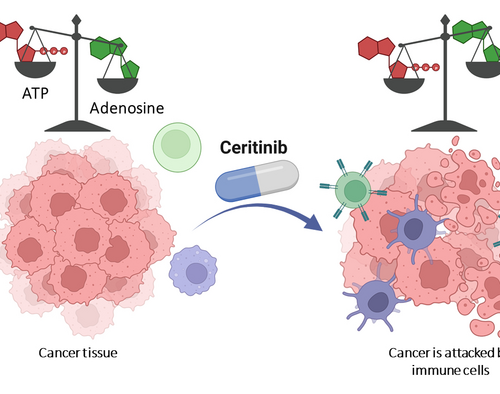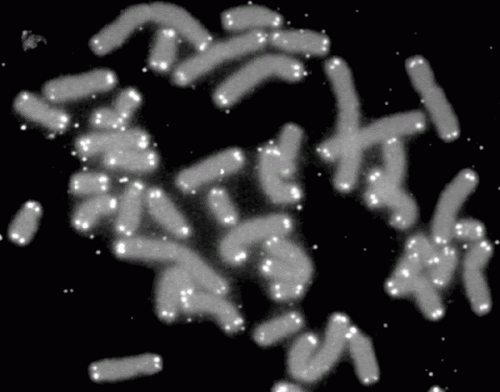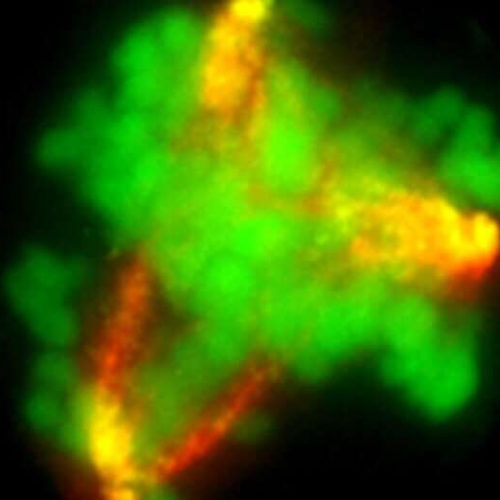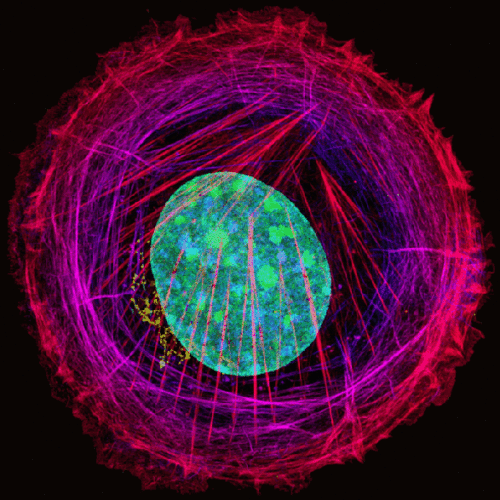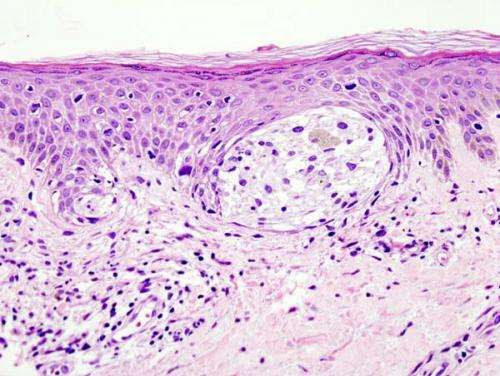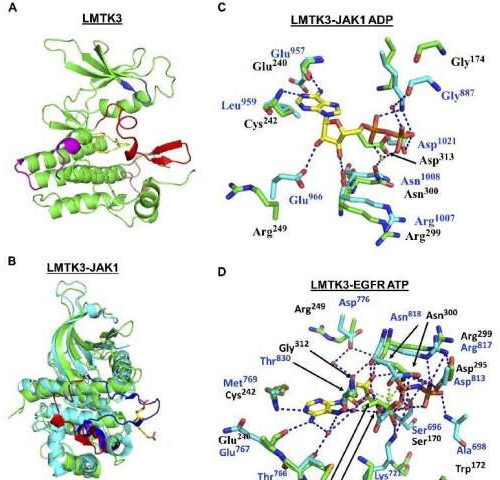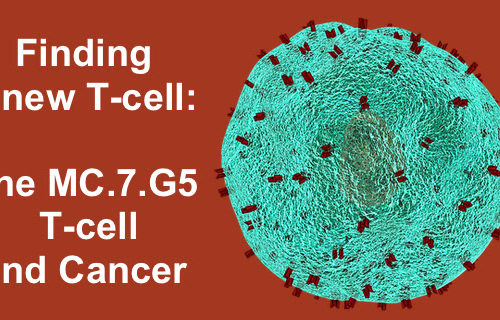In study, targeted delivery shrinks brain, breast tumors in micePeer-Reviewed Publication Ohio State University COLUMBUS, Ohio – Researchers are shining a light on cancer cells’ energy centers – literally – to damage these power sources and trigger widespread cancer cell death. In a new study, scientists combined strategies to deliver energy-disrupting gene therapy using nanoparticles...
Tag: <span>Cancer Cell</span>
Ultrasound-driven transformation of doxorubicin for targeted cancer cell killing
Sponsored Content by Scintica Instrumentation Inc.Reviewed by Olivia FrostDec 4 2024 According to the National Cancer Institute at the NIH, roughly 40.5 % of men and women will be diagnosed with cancer at some point in their lives. γ-eye. Image Credit: Scintica Instrumentation Inc. Depending on the type and stage of cancer, chemotherapy is a popular therapeutic option for...
Transistors help identify cancer cell markers
TOKYO MEDICAL AND DENTAL UNIVERSITY IMAGE: ION-SENSITIVE FIELD EFFECT TRANSISTORS DETECT BREAST CANCER CELLS EXPRESSING EGFR WHEN BOUND BY AN ANTIBODY LINKED TO A CHEMICAL REPORTER CREDIT: DEPARTMENT OF BIOELECTRONICS, TMDU Researchers from Tokyo Medical and Dental University (TMDU) find that ion-sensitive field effect transistors can be combined with enzymatic chemical signal amplification to detect...
Therapeutic drug renders cancer cell weapon harmless
UNIVERSITY OF BONN IMAGE: THEREBY INHIBITING THE IMMUNE SYSTEM (LEFT). CERITINIB STOPS THE FORMATION OF ADENOSINE. ATP ACCUMULATES AND ACTIVATES IMMUNE CELLS (RIGHT). CREDIT: FIGURE: LAURA SCHÄKEL/UNIVERSITY OF BONN – CREATED WITH BIORENDER.COM Many tumor cells mist themselves with a protective perfume that disables the immune system. But a drug already approved for other purposes can...
Researchers uncover new understanding of cancer cell telomere survival mechanisms
by Case Western Reserve University Human chromosomes (grey) are capped by telomeres (white). Credit: PD-NASA; PD-USGOV-NASA Research published in Science Signaling identifies new ways that telomeres regulate the aggressiveness and survival of tumors, making them potentially vulnerable therapeutic targets for killing cancer. The discovery was made by a team of researchers at Case Comprehensive Cancer Center and Case Western Reserve School...
Cancer cell vulnerability points to potential treatment path for aggressive disease
by Larner College of Medicine at the University of Vermont Image of a triple negative breast cancer cell undergoing abnormal division after inhibition of KIF18A (red = microtubules; green = chromosomes; yellow = spindle poles). Credit: Cindy Fonseca, M.S., Stumpff Lab, UVM Larner College of Medicine Unravelling the unique characteristics of cancer cells and finding...
A Stunning 3-D Journey inside a Cancer Cell
By Leslie Nemo on January 29, 2021 Open Compilation of 3-D color-projection photographs of a cancer cell highlights its internal structures. The photography technique used to capture these images, called Z stacking, helps researchers see the contents of cells and where each part lies in relation to the others. Credit: Dylan T. Burnette and Aidan M. Fenix Despite the...
Research explores how melanoma grows and spreads
by Texas A&M University Melanoma in skin biopsy with H&E stain — this case may represent superficial spreading melanoma. Credit: Wikipedia/CC BY-SA 3.0 The first step in treating cancer is understanding how it starts, grows and spreads throughout the body. A relatively new cancer research approach is the study of metabolites, the products of different steps...
Research points to new effective breast cancer treatment
by Diamond Light Source Crystal structure of LMTK3 – graphic adapted from Science Advances Paper see paper DOI: 10.1126/sciadv.abc3099 for full description. An international study led by scientists at the University of Sussex has provided strong evidence for an effective new target for breast cancer treatment. The five-year study, called “The structure-function relationship of oncogenic LMTK3,”...
Bench Scientists Discover a New T-cell
Posted by Kathleen Hoffman Something unusual happened when Professor Andrew Sewell and the T-Cell Modulation Group at the University of Cardiff put the blood of a healthy donor in a petri dish with some cancer cells. What grew in the blood was a T-cell that no one had seen before. This T-cell attacked the cancer cells...
- 1
- 2

